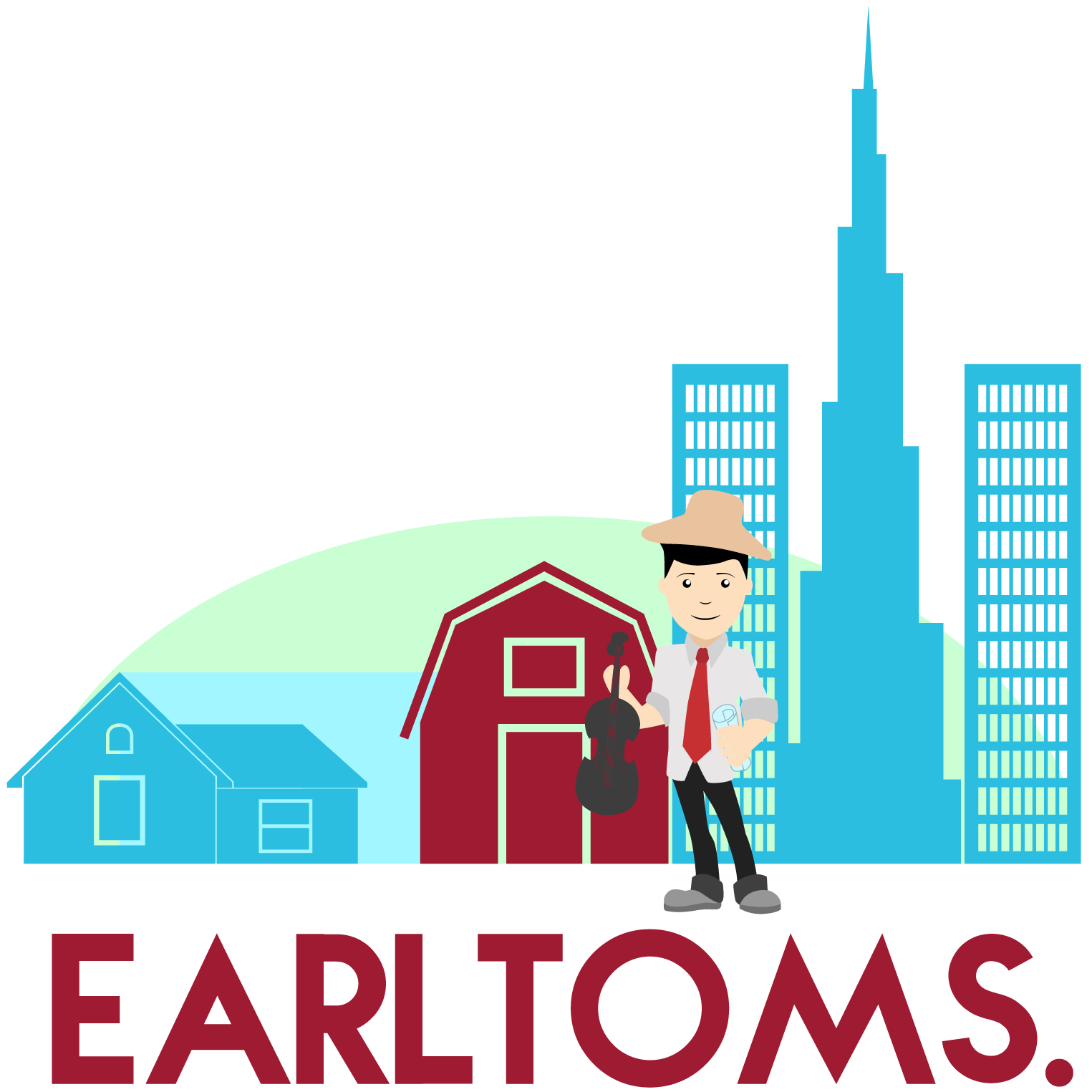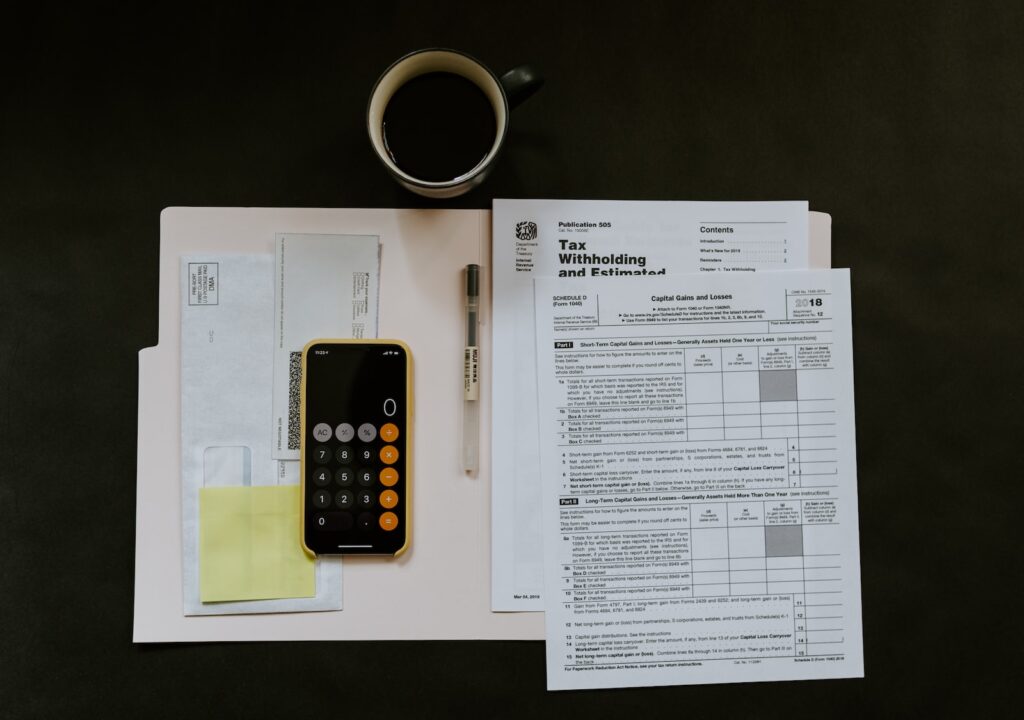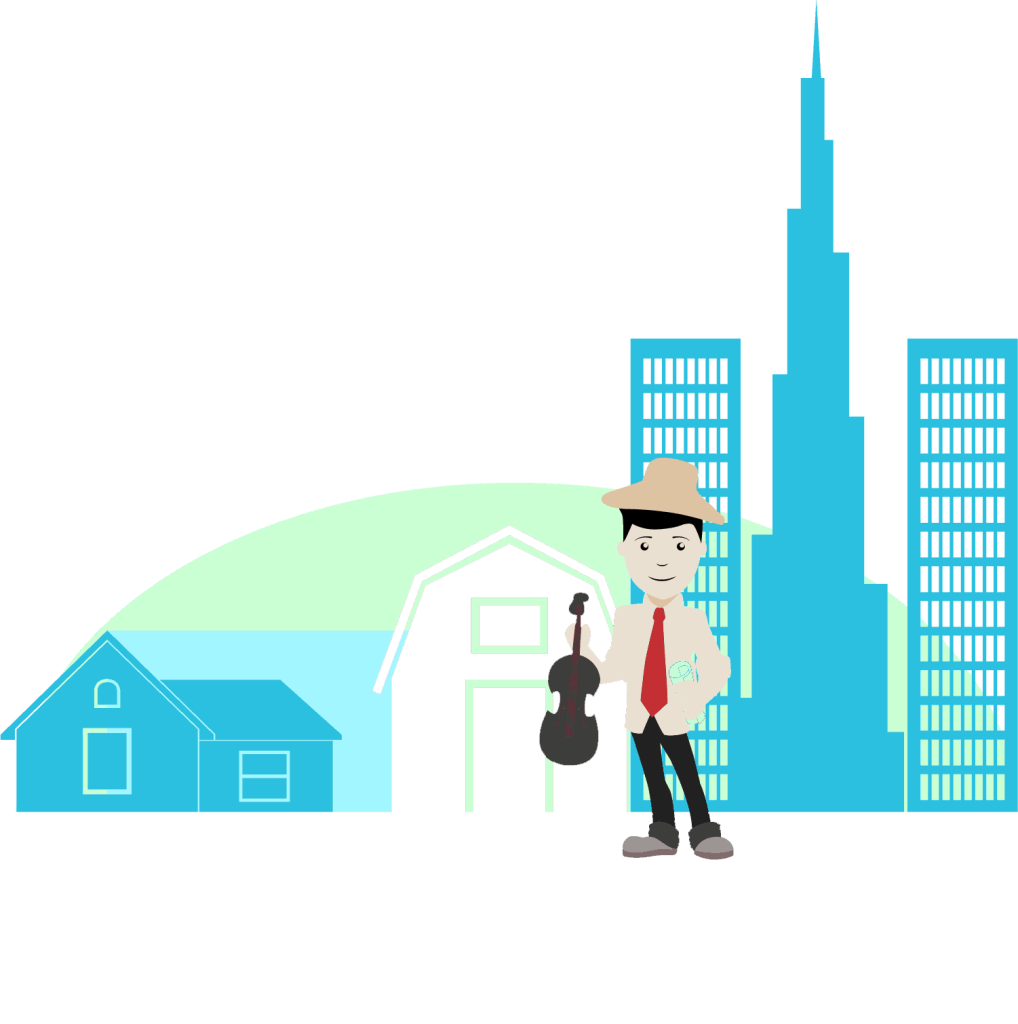Do I pay capital gains when I sell my house?
When you sell your home, you may wonder if you’ll have to pay capital gains tax on the sale. The answer depends on a number of factors, including how long you’ve owned the property and whether it was your primary residence. Here’s what you need to know about capital gains and selling your home.
What is a capital gain and how is it taxed
A capital gain is a profit made from the sale of an asset or investment. Capital gains can occur on any asset that focuses on investments, including stocks, bonds, real estate and businesses. When it comes to taxes, capital gains are subject to two rates — one for regular income tax at your marginal rate and one for long-term adjustments at a much lower rate. Short-term investments are those held for less than a year and they incur the same tax rate as ordinary income; while long-term investments are held longer than a year, with taxes calculated using lower rates specific to this type of gain. Knowing how capital gains are taxed is important when making investment decisions that could affect your taxes in the future.
When do you have to pay capital gains tax on your home
When it comes to a home sale, capital gains tax needs to be taken into consideration. Generally, when you’ve lived in your house for at least two of the past five years, you qualify for a “principal residence exemption,” which allows you not to pay capital gains tax on the difference between what you bought the home for and what you sold it for. However, if the profit from your home sale does not qualify for this exemption, then tax would be calculated based on the profit and it is important to track the cost basis so that taxes due can be accurately determined. Other extensions of time may apply if life circumstances prevent residing in a home during the required two-year period or if an owner passes away while living in their home. It is recommended that all homeowners seek professional advice prior to any real estate transactions involving their primary residence.
How to avoid paying capital gains tax on your home sale
For those looking to avoid paying capital gains taxes on a home sale, the primary way is to make sure that your gain falls under the Internal Revenue Service’s (IRS) exclusion rules. This means that you must have owned and used the house as your main residence for two of the past five years and that any gain should fall below certain guidelines which can vary depending on your filing status. If both criteria are met, then you can sell without having to worry about capital gains tax. However, it may be important to note that if you do qualify for this exclusion and still find yourself owing, there is a further avenue – by taking advantage of IRS Form 8594, which has specific rules regarding like-kind exchanges of real property.
Tips for minimizing your capital gains tax liability when selling a house
Selling a house can be an exciting and complex process. Before taking the plunge, it’s important to understand your capital gains tax liability since it could impact how much you get out of the sale. An easy way to minimize your tax obligations is to take advantage of the primary residence exclusion rules granted by the IRS. This exemption allows homeowners to exclude up to $250,000 in capital gains when they are selling their main residence. Additionally, any renovations or repairs made within two years prior to the sale – essential for increasing the value of the property – can also be excluded from taxes. There are other strategies that may apply depending on individual circumstances, so it’s always a good idea to consult with a financial specialist or tax lawyer before proceeding with a real estate transaction.
What to do if you can’t afford to pay the capital gains tax on your home sale
Selling a home can be an expensive endeavor, especially if you owe a capital gains tax to the IRS. If you can’t make a payment of these taxes at one time, there are still options available. You may be able to file for an extension before the due date to help give you more time to make the payment. It’s also important to explore repayment plans or offers for compromise – both of which can lower the amount owed and/or offer monthly payments with penalty waivers. Don’t forget about potential deductions available in certain cases as well – it could mean significant savings when it comes time to settle with the government.
Selling your home can be a stressful process, made even more complicated when you factor in the possibility of having to pay capital gains tax on the sale. It’s important to understand what a capital gain is and how it’s taxed so that you can prepare for any potential liability. If you’re strategic about timing your home sale, you may be able to avoid paying any capital gains tax at all. And if you do end up owing taxes on the sale of your home, there are some things you can do to minimize your liability. If you find yourself unable to pay the full amount of capital gains tax owed on your home sale, don’t panic – there are options available to help ease the burden. When it comes time to sell your house, let EarlToms handle everything with our hassle-free home buying process. We’ll take care of everything and make sure you get the best possible price for your home – without having to worry about paying any pesky capital gains tax.
Did You Know?
EarlToms would like to make an offer on your house. We pay cash so you won’t have any appraisals, home inspections, agent commissions, or closing fees typically associated with selling your house to EarlToms. If you want to sell your house, in a hassle-free way, simply fill out the form to get started.


